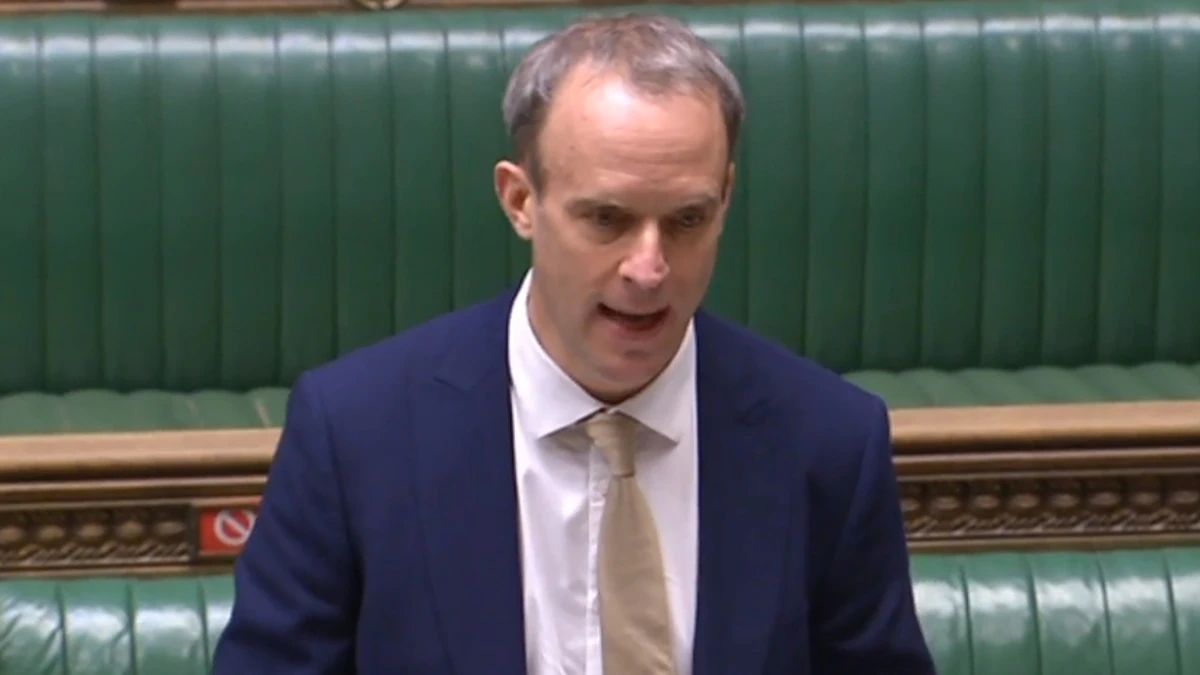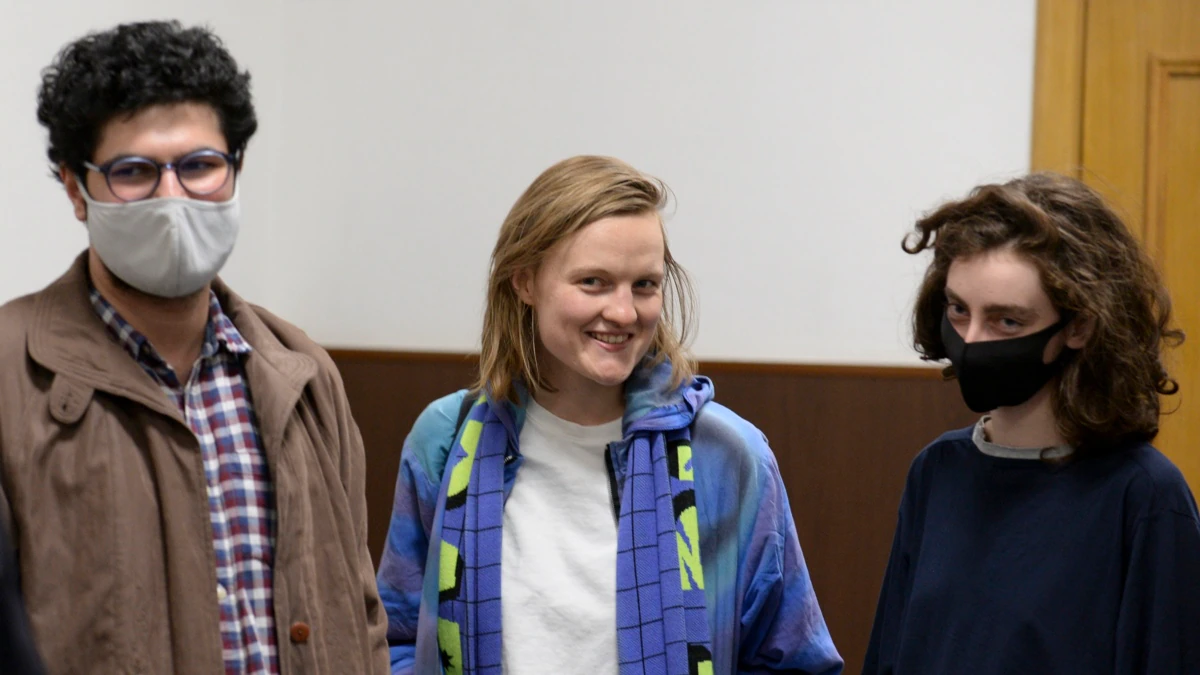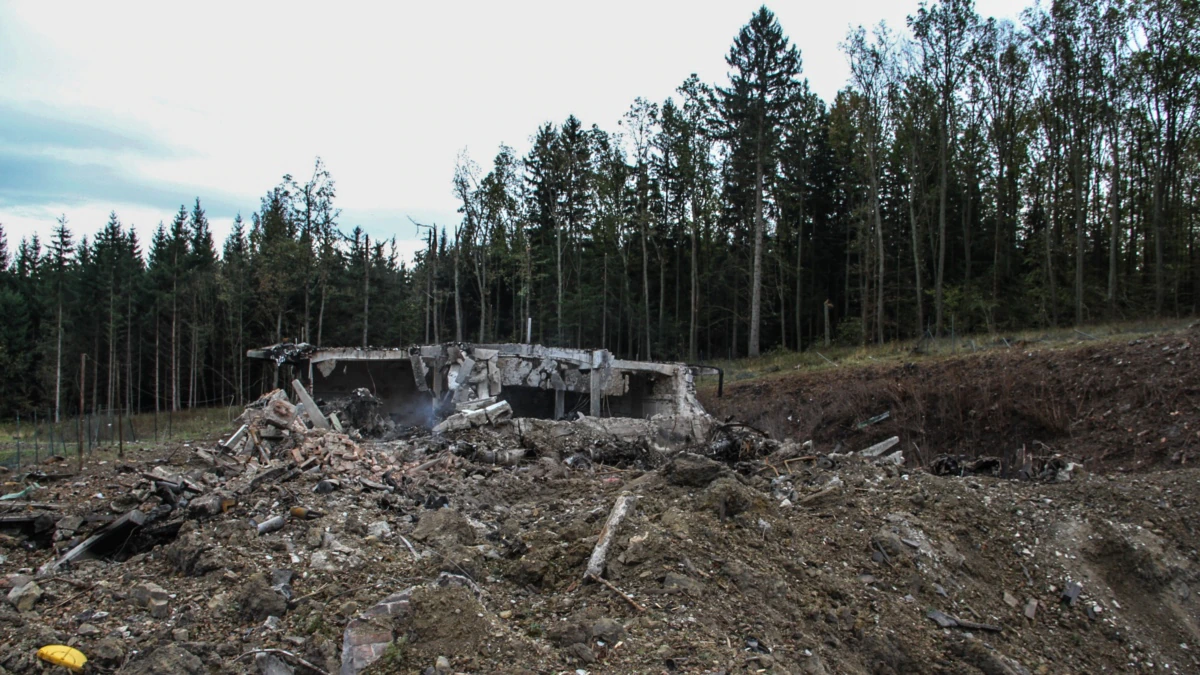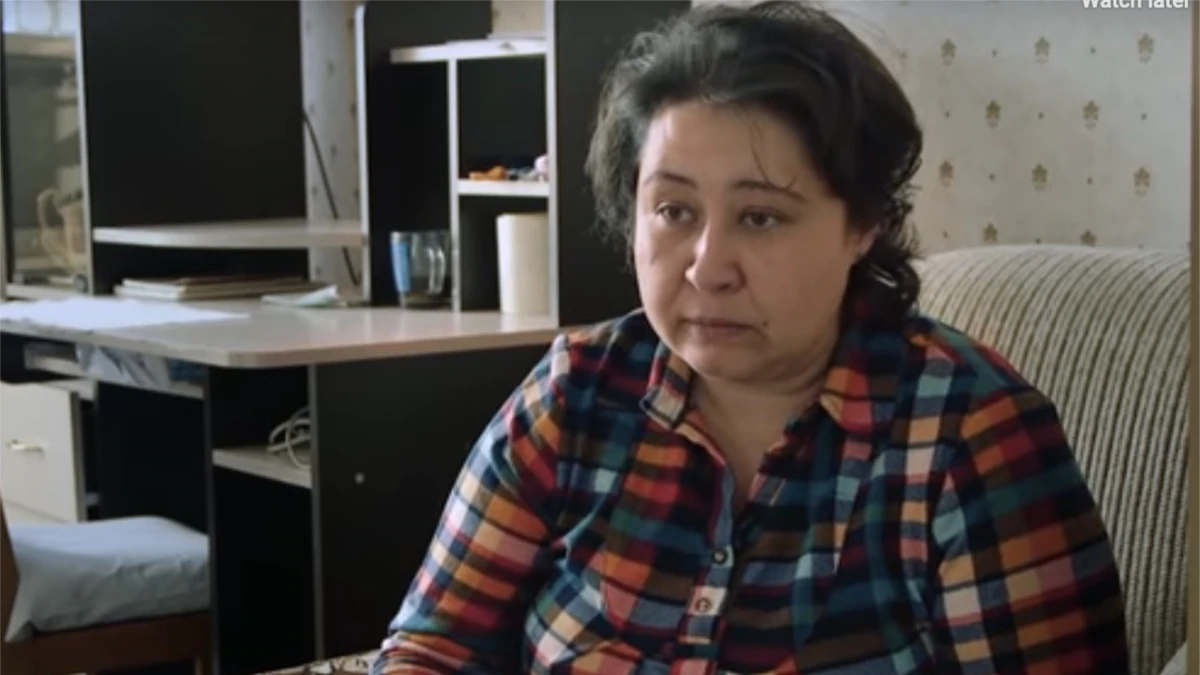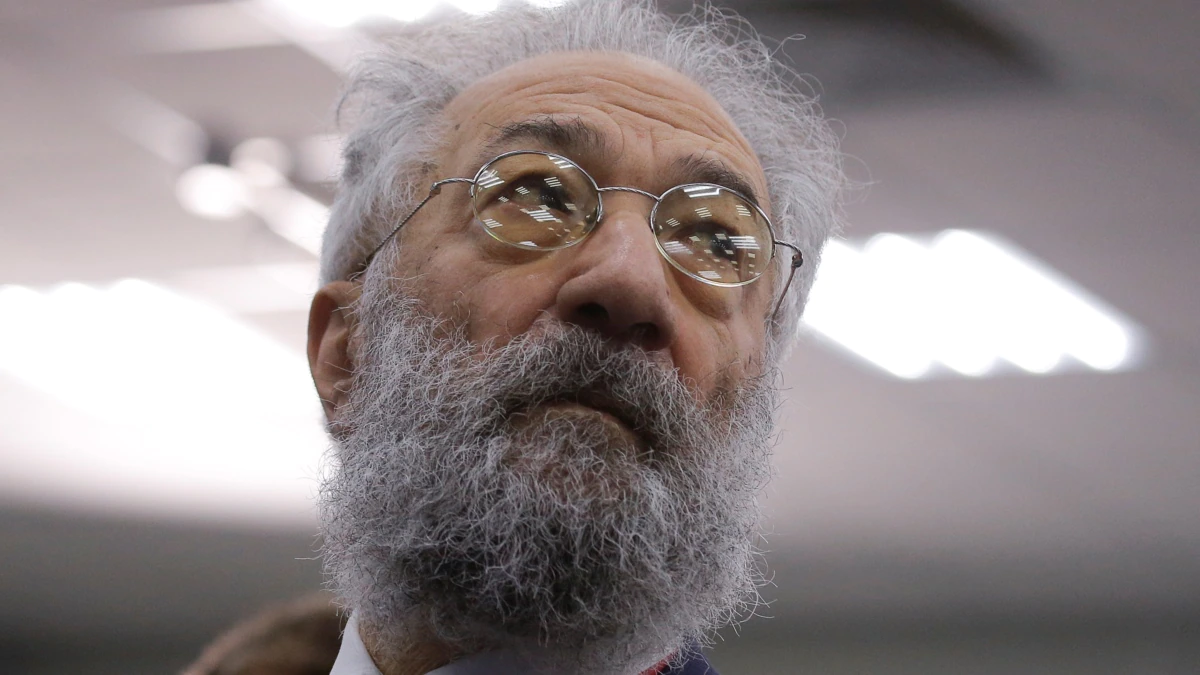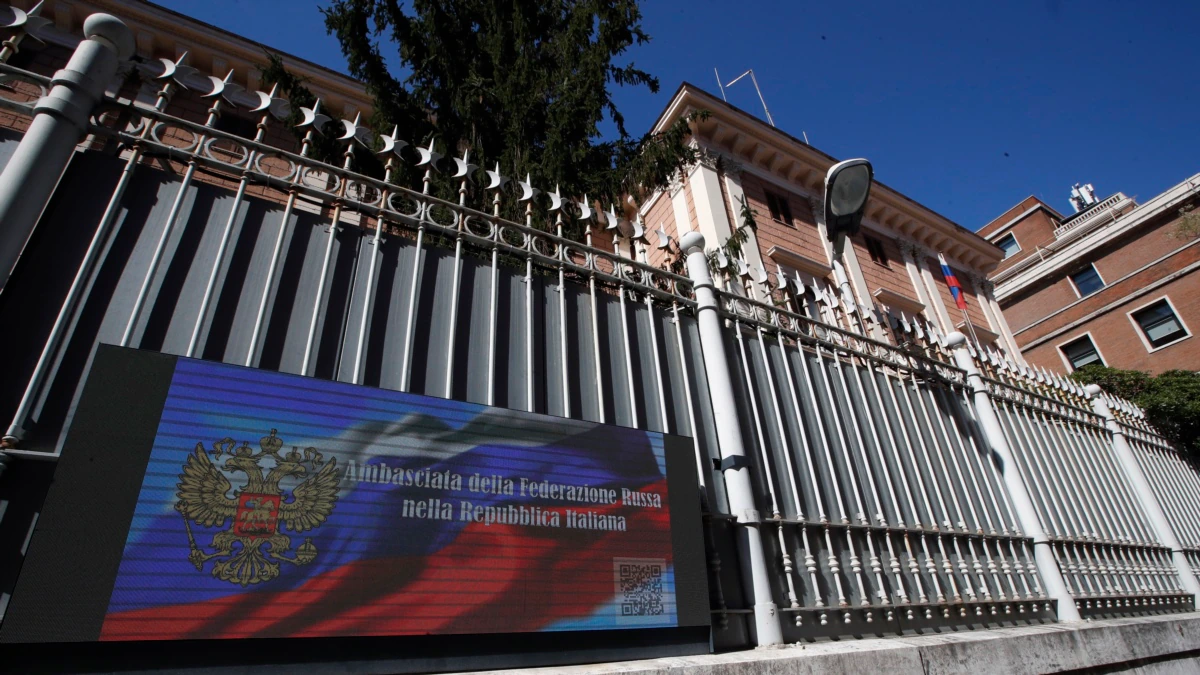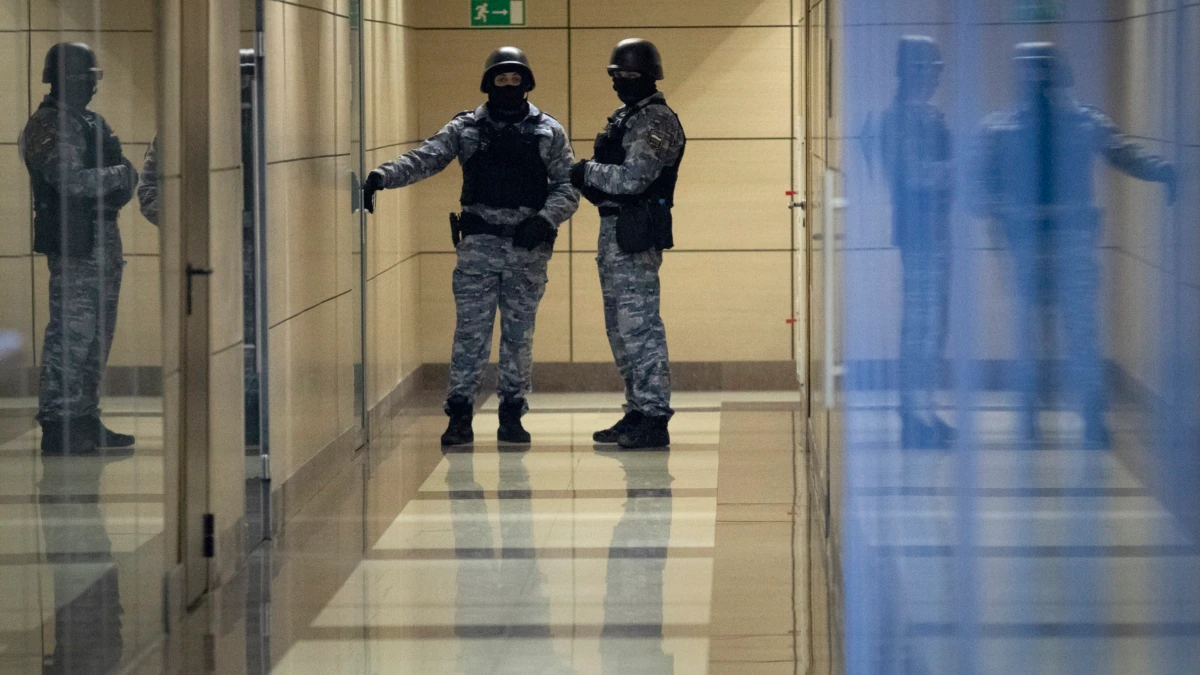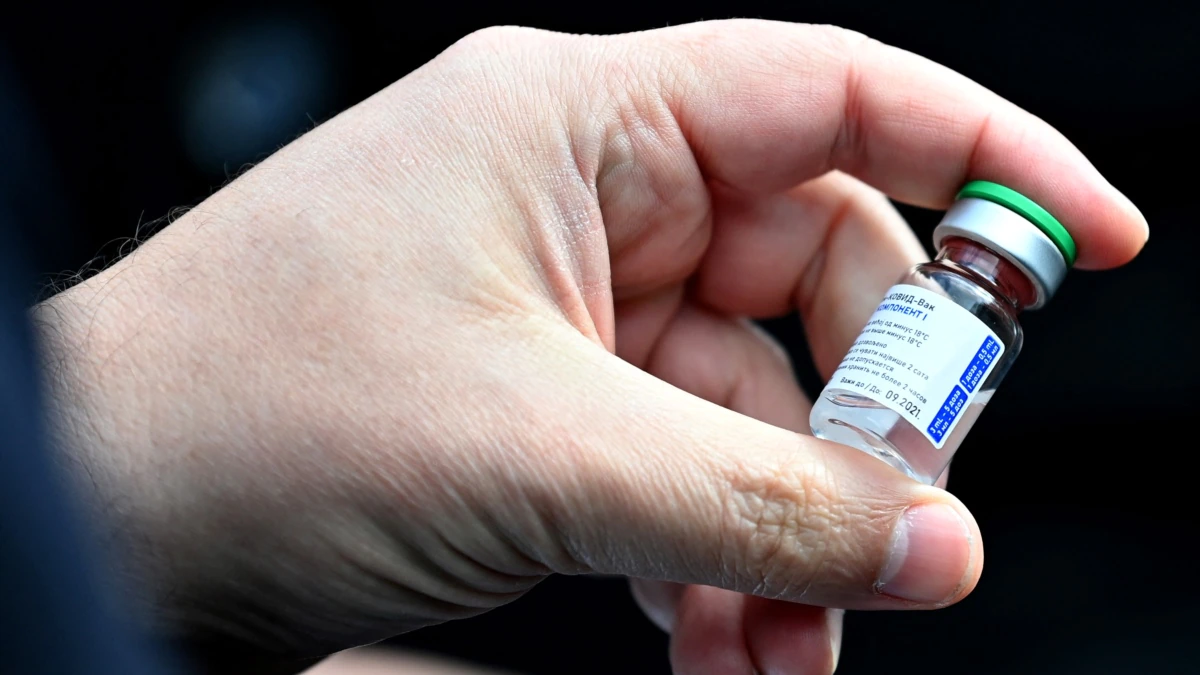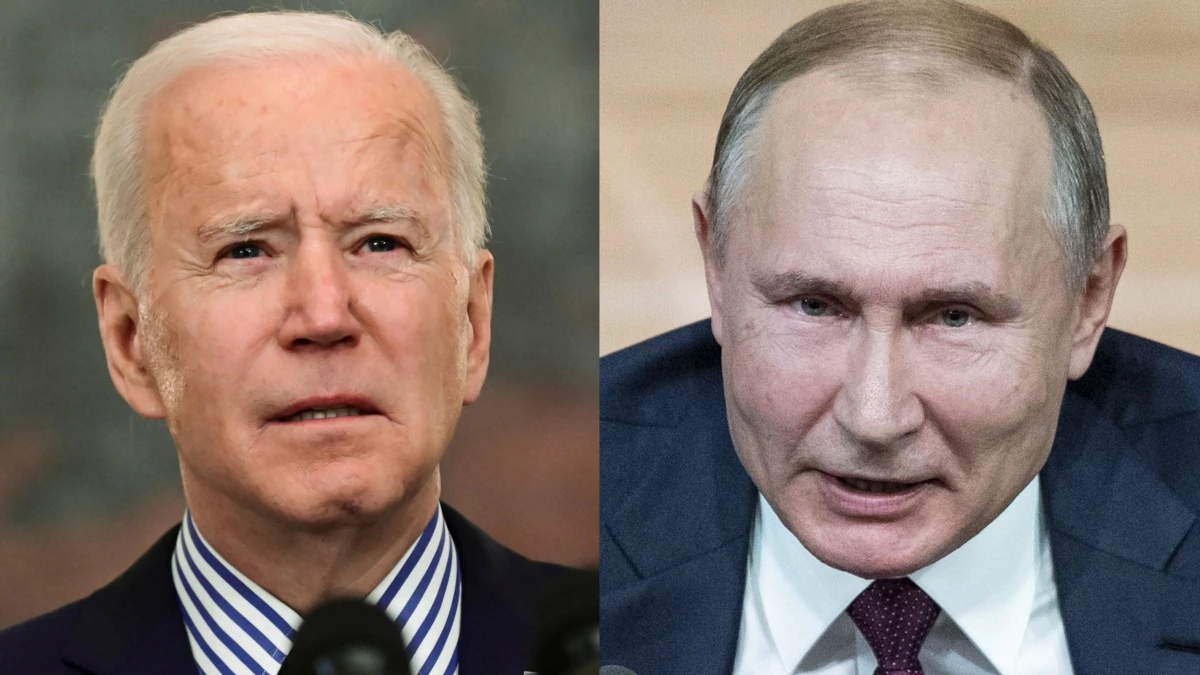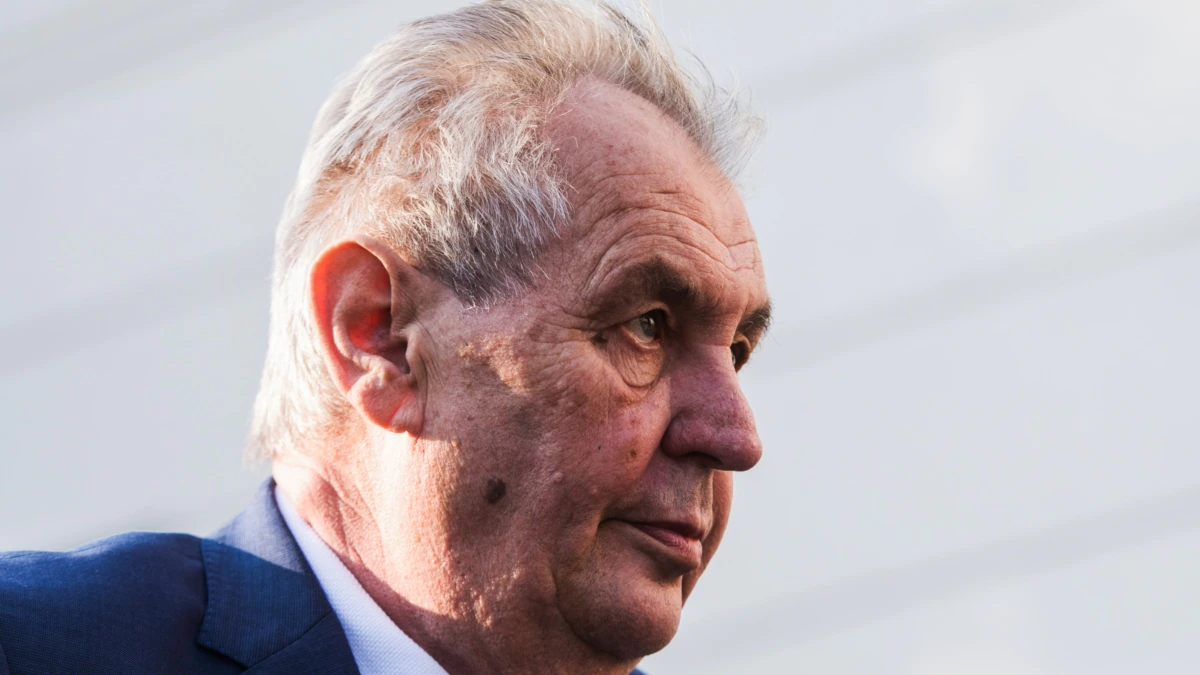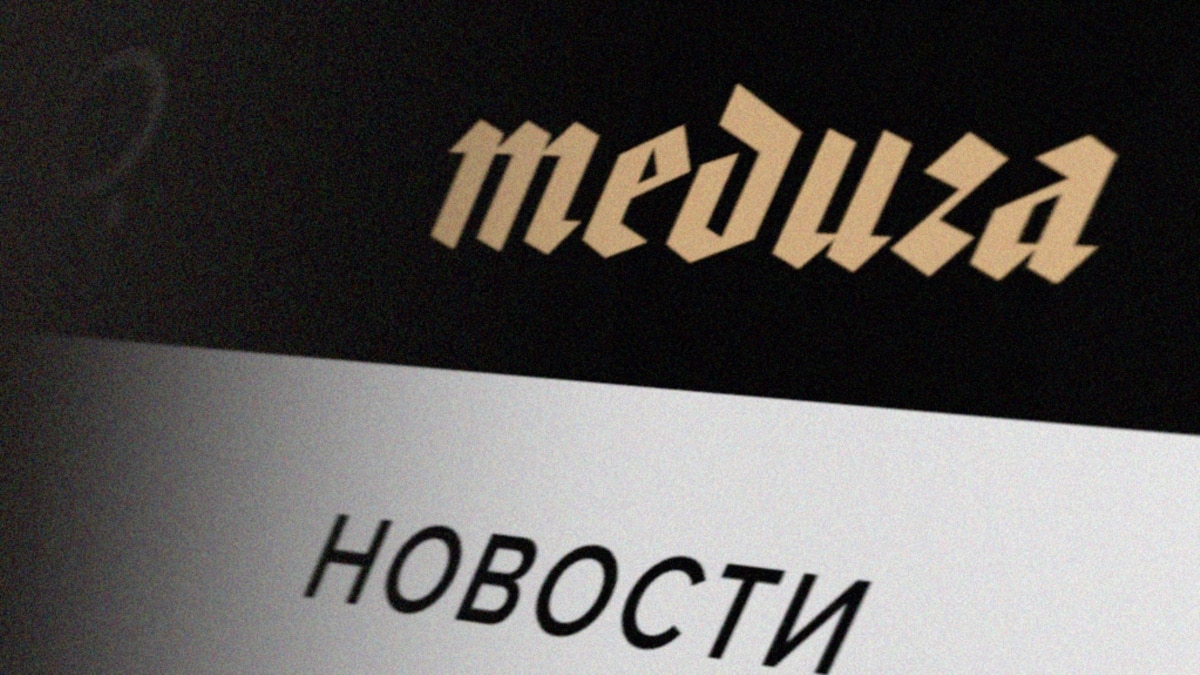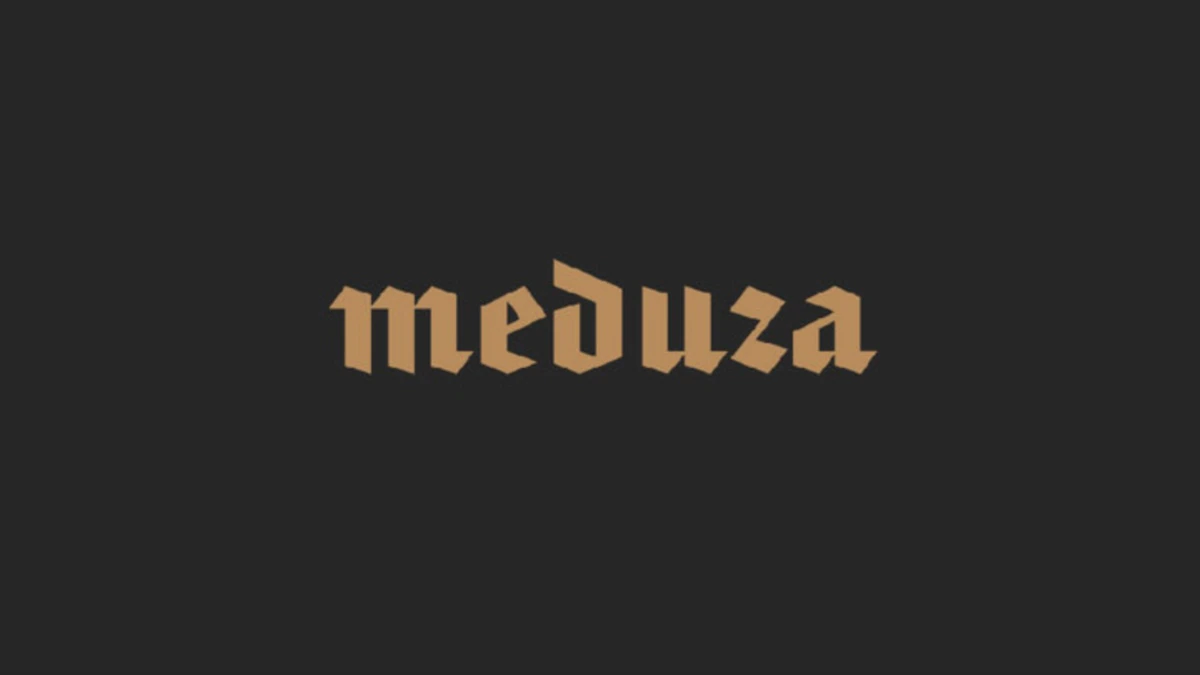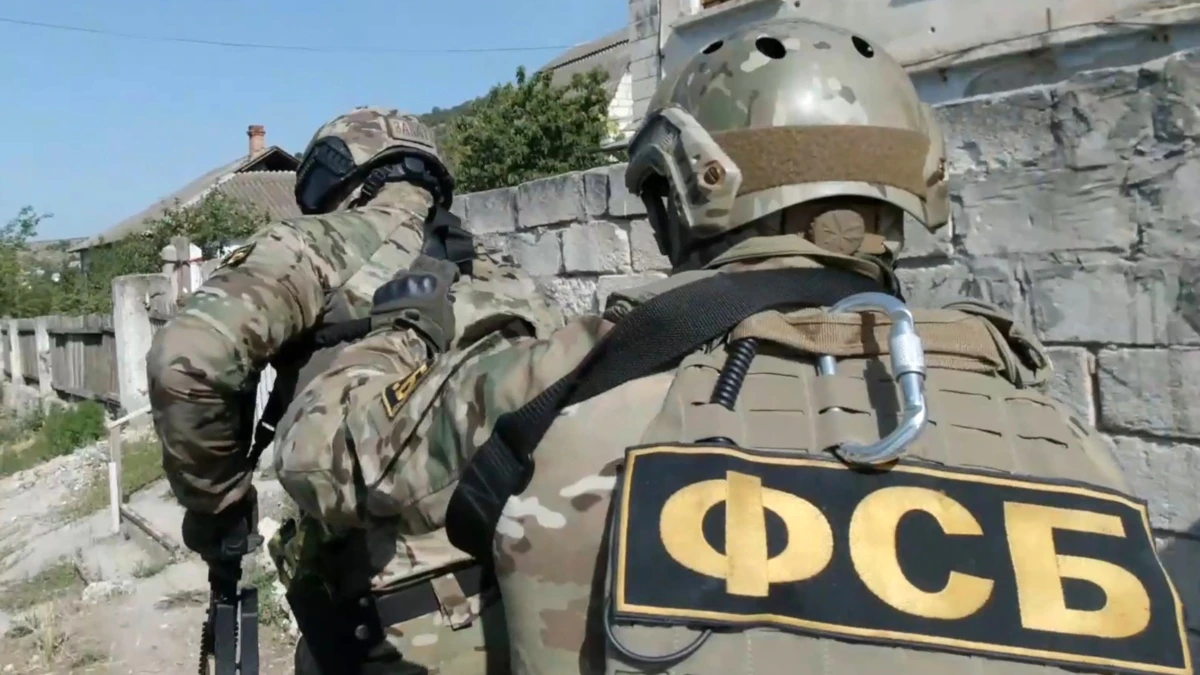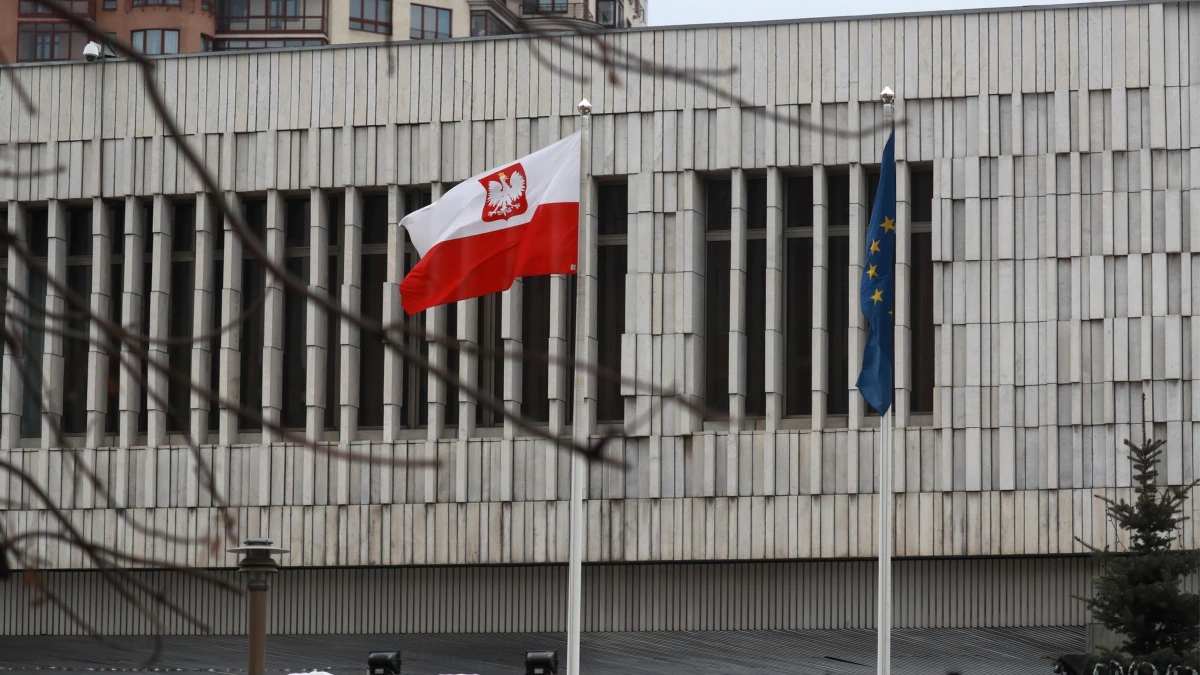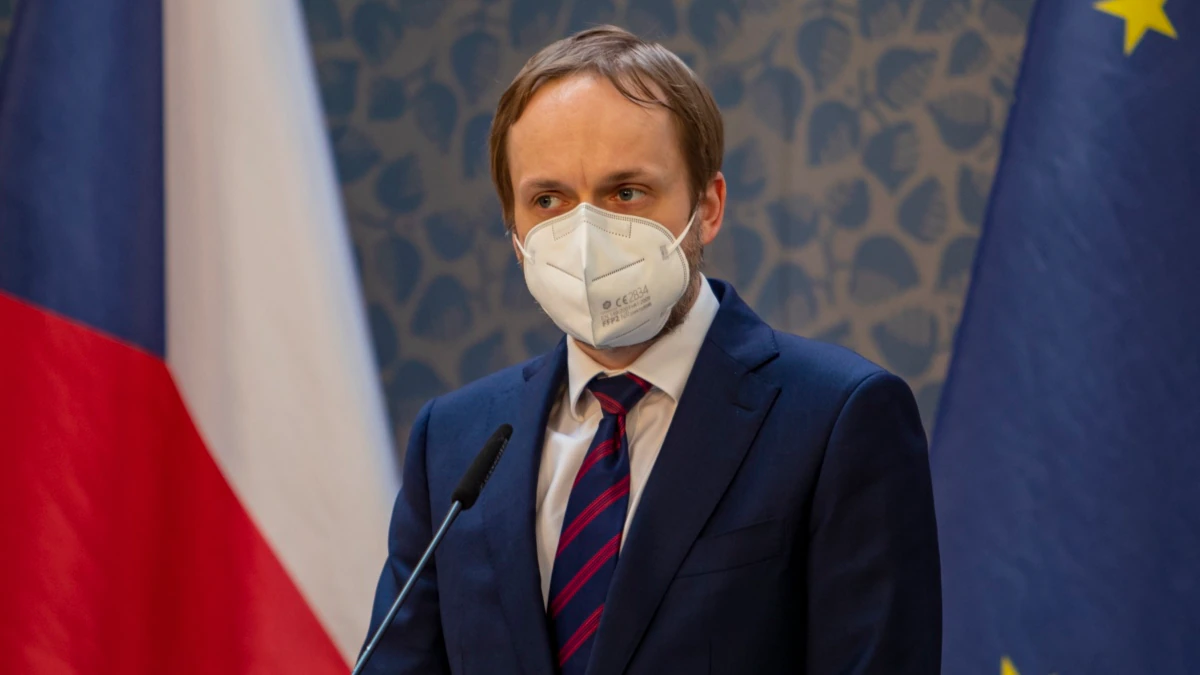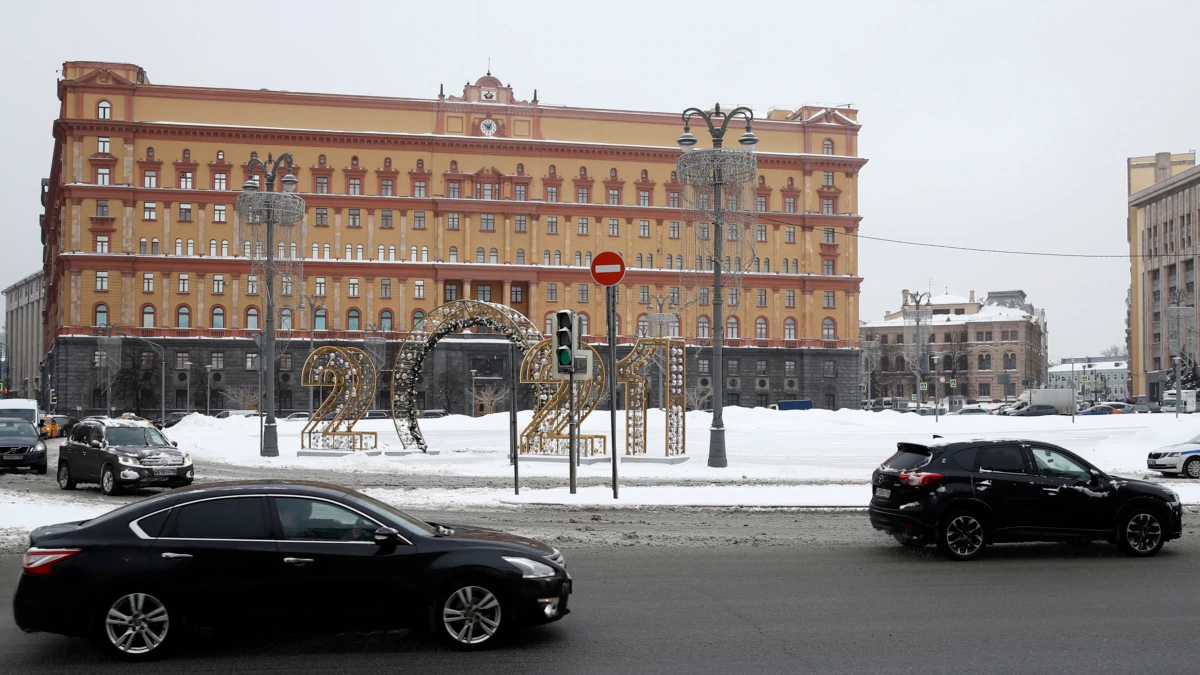 A new round of disinformation and threats against Russia is being staged by the NATO military powers and their state and corporate media outlets.
A new round of disinformation and threats against Russia is being staged by the NATO military powers and their state and corporate media outlets.
The backdrop is the continued military occupation and aggression by Ukraine in sections of the Donbas region in the east of the country, combined with the Ukrainian government’s ongoing refusal to implement the ceasefire and peace measures of the 2015 ‘Minsk 2’ agreement, Minsk 2 was signed by Ukraine and the pro-autonomy forces of Donbas, with the governments of Russia, France and Germany agreeing to act as guarantors. It was ratified unanimously by no less than the UN Security Council, on February 17, 2014. But this proved of little value in bringing peace because for NATO and its propaganda services, nothing less than heightened military tensions would do. Instead, the world gets a new round of stories of imminent ‘Russian aggression’ or ‘Russian invasion’ against Ukraine.
NATO head Jens Stoltenberg wrote on Twitter on April 6, “I called President @ZelenskyyUa to express serious concern about Russia’s military activities in and around Ukraine & ongoing ceasefire violations.”
White House press secretary Jen Psaki chimed in on April 8 (CNBC) with: “The United States is increasingly concerned by recent escalating Russian aggression in eastern Ukraine, including Russian troop movements on Ukraine’s border.”
The same CNBC report offered in its own words: “In recent weeks, Russia has increased its military presence along the Ukrainian border, sparking concerns in the West of a budding military conflict between the two neighboring countries.”
The seasoned, anti-Russia Globe and Mail daily in Canada baldly asserted on April 10 that there are “too many parallels with 2014”. That’s when, according to the newspaper’s crack anti-Russia writer, “a Russian invasion” of Ukraine saw an “annexation’ of Crimea” and the rise of a “Kremlin fueled conflict” in the Donbas region of eastern Ukraine [the former Ukrainian oblasts of Donetsk and Lugansk].
Another tack in the Western media and government propaganda drive is to express bewilderment at why Russia would choose to supposedly act aggressively in recent weeks. “It’s not completely clear what the Russians are doing there, we’d like to understand that more, and that uncertainty is obviously not contributing to a more stable, more secure situation,” Pentagon spokesman John Kirby told reporters on April 7.
The Washington Post printed a front page story on April 9 saying, “Russia’s motivations for the buildup are still unclear and do not necessarily signal a looming offensive, Ukrainian and Western officials said.”
The New York Times‘ key anti-Russia reporter, Andrew Kramer, keyed in, also on April 9, with, “Videos of military movements have flooded Russian social media for the past month, shared by users and documented by researchers. Western governments are trying to find out why…”
No peace in Ukraine because Kyiv and NATO reject Minsk 2 agreement
Western media carefully avoids reporting the background to the tensions it is stoking, namely that the Minsk 2 ceasefire and agreement remains stalled and unimplemented due to Ukrainian government intransigence, with the blessing of NATO.
As the anti-Russia Politico.eu reported in October 2020, “The Minsk II peace agreement, brokered and guaranteed by France and Germany, has barely inched forward since Zelenskiy and Putin met in December in Paris [2019] with French President Emmanuel Macron and German Chancellor Angela Merkel — largely because of the standoff over holding local elections and changes to the Ukrainian constitution that would grant ‘special status’ to the embattled regions of Donetsk and Luhansk.” The text of the Minsk 2 agreement (as distinct from the ‘Minsk Protocol’ of September 2014) is here.
Russian Foreign Ministry spokeswoman Maria Zakharova laid out the situation in her weekly media briefing on April 9. She blamed “Kyiv’s belligerent attitude” for the rise in tensions, saying this is “still based on the illusion that there can be a military solution to the conflict in [Ukraine’s] southeast. Troops and military equipment are being deployed there. Reservist mobilisation plans are being updated. Ukrainian media are fanning hysteria about a mythical Russian threat and Moscow’s plans to attack Ukraine very soon. All this is happening at the prompting of Kyiv’s Western sponsors, with overt public support… We are calling on the Kyiv authorities yet again to act responsibly and start implementing their obligations under the Minsk Package of Measures.”
She explained further, “I would like to remind you that throughout this year alone, NATO is planning seven military exercises in Ukraine. The active phase of the Defender Europe 2021 exercise, the most extensive exercise for many years, is to commence near Ukraine soon. This event is to involve 25 states. NATO warships are entering the Black Sea ever more frequently; the number of such visits increased by one-third last year. U.S., British, Canadian and Lithuanian training missions are deployed in the country. It should be noted that Ukrainian service personnel that have been trained by NATO instructors are often sent to the zone of the so-called ‘anti-terrorist operation’ directed against certain districts of the Donetsk and Lugansk regions.”
In her briefing of April 16, Zakharova reported: “According to the latest report by the OSCE Special Monitoring Mission (SMM), the number of ceasefire violations [in Donbas] in the previous two weeks has doubled compared to two weeks earlier, reaching 4,300. The shelling of towns in the Lugansk and Donetsk regions by the Ukrainian armed forces has become heavier. Casualties among civilians in Donetsk and Lugansk are growing. Kyiv continues to deploy more military vehicles and troops in the region. According to SMM reports, Grad multiple rocket launchers, the use of which is banned under the Minsk agreements, have been seen in the settlement of Druzhkovka to the north of Donetsk.”
Kremlin spokesman Dmitry Peskov said in an interview with Argumenty i Fakty newspaper published on April 8 and reported by TASS, “Things are bad regarding the Normandy format [meetings of the governments of Ukraine, Russia, Germany and France]. We can say that under President Zelensky, things haven’t budged either in fulfilling the Minsk Package of Measures or in further agreements achieved in Paris,” he said.
TASS continued, “Peskov also noted that tensions have been mounting on the contact line. ‘Over the past six months we have heard many times that Kyiv considered the Minsk agreements as dead, that this deal cannot be fulfilled and new documents were needed and so on. This is probably the most dangerous thing,’ Peskov stressed, noting that apart from the Minsk agreements there was no other basis for building international efforts for settlement in Donbas.”
On April 9, Zakharova also blamed Ukraine’s volatile quest to join the NATO military alliance. “We have taken note of a statement by Ukrainian President Zelensky, who visited Donbas yesterday [April 8] and said that the country’s accession to NATO would supposedly help end the conflict in the region. However, contrary to Kyiv’s expectations, potential NATO accession will not only fail to bring peace to Ukraine but will, by contrast, lead to a large-scale rise in tensions in the southeast, possibly causing irreversible consequences for Ukraine’s statehood.”
The unresolved conflicts arising from the 2014 coup in Ukraine
Western media and governments are having a relatively easy time with bamboozling their consumers and subjects, respectively, over events in Ukraine because of widespread ignorance of the recent history of the country.
In February 2014, a violent coup d’etat against the elected president and legislature of Ukraine was staged by extreme-right political parties and their associated paramilitary legions. The coupmakers successively manipulated prevailing social and economic dissatisfaction among many Ukrainians that had them longing for new economic ties to Europe, particularly if these would expand their right to emigrate and work there. For several years, Yanukovych had considered embarking on a path of greater trade and investment ties with Europe, but in late 2013 he changed course after the Russian government offered substantial expansion of investment and trade ties between the two countries. Several months of violent protests, centered in Maidan Square in central Kyiv, followed.
Millions of Ukrainians live and work in Poland and other countries in Europe, and millions more aspire to do the same.
Yanukovych sought refuge in Russia following the coup. An election was staged three months later to replace him and the members of the legislature. In addition to an economic ‘turn to Europe’, such as it has been, the new, right-wing government in Kyiv embarked on an ideological drive to break up the country’s multi-national character and renounce its history as a component of the Soviet Union. An ultra-nationalist ideology with roots in the World War Two collaboration by Ukrainian nationalists with Nazi Germany has become predominant. Widespread measures have been enacted to downgrade if not suppress the status of the Russian language and culture and the shared history of Russia and Ukraine as components of the Soviet Union.
The coup and its aftermath did not go over well, to say the least, with the large sections of the population that reject the ideology of right-wing nationalism if not neo-Nazism. Opposition to the coup was quick to organize, above all in Crimea but also in the eastern (Donbas) and southern (Odessa) regions of the country and in the center of the country where Kyiv is situated. But this opposition was met with extreme violence.
Crimea
Crimea was uniquely placed to resist the coup. Its population is multinational, with approximately 65 per cent of Russian ethnicity and the remainder divided between Ukrainian and Crimean Tatar ethnicities. It was the only region of Ukraine with an autonomous governing authority, the ‘Autonomous Republic of Crimea’ (Wikipedia). Its origins go way back to the self-determination policies of the Russian Revolution which became codified in the constitution of the Union of Soviet Socialist Republics (founded in 1922). The elected government of the Autonomous Republic of Crimea’ held powers roughly equivalent to U.S. states and Canadian provinces.
Crimeans voted by more than 70 per cent in favour of Yanukovych during the presidential election of 2010 (the vote result for Yanukovych in Donbas was even higher). Using their autonomous institutions that were preserved through the riotous years following the collapse of the Soviet Union (albeit falling short of the outright independence from Ukraine that so many sought), the Crimean people turned to their autonomous government for protection in 2014 from the coup violence that threatened to engulf their republic at the hands of the ultra-nationalist paramilitaries. The government appealed to the Russian military to help preserve social peace, and it organized a referendum vote on March 16, 2014 to secede from the new, right-wing Ukraine and join (many Crimeans would say ‘rejoin’,) the Russian Federation.
The vote passed overwhelmingly, and polls during the years that followed showed strong satisfaction with the result, including among the minority Ukrainians and Tatars. An op-ed by three Western researchers published in the Washington Post on March 18, 2020 reported: “Here’s what we found: Support for joining Russia remains very high (86 per cent in 2014 and 82 per cent in 2019) — and is especially high among ethnic Russians and Ukrainians. A key change since 2014 has been a significant increase in support by Tatars, a Turkic Muslim population that makes up about 12 per cent of the Crimean population. In 2014, only 39 per cent of this group viewed joining Russia as a positive move, but this figure rose to 58 per cent in 2019.”
There was no ‘Russian invasion’ of Crimea in 2014 because thousands of Russian troops were already there by virtue of the military treaty signed by Russia and Ukraine in 1997 (Wikipedia). It guaranteed Russia’s continued military presence in Crimea.
As to the role of Russian troops in preserving social peace, the evidence for that is overwhelming and positive, as polling has consistently reported. There has been precious little social violence in Crimea in the years following the referendum vote, certainly in comparison to the bloodletting that beset Ukraine during and following the coup. Economically, Crimea has become one of the fastest growing regions in Russia, helped along by the construction of the first, lasting road and rail link between Crimea and the Russian mainland.
The Kerch Strait Bridge (formally named the Crimean Bridge) fully opened in 2020. It became a vital project for the Crimean peninsula immediately after the referendum vote in 2014 because in response to the vote, Ukraine severed all road, rail and aircraft ties to Crimea. It even severed the pipeline carrying Crimea’s largest supply of fresh water, though the Western ‘human rights’ brigades did not issue a peep of protest and concern.
Donbas region
Tragically, Odessa and Donbas regions as well as other regions in central and southern Ukraine were quickly engulfed by violence following the coup. Odessa and Donbas had little, meaningful local governing authority to which to turn to protest the coup and they had little recent history of autonomous political organizing within Ukraine’s highly centralized governing structures. On May 2 in the city of Odessa, right-wing paramilitaries attacked a large protest calling for political autonomy for Odessa and other regions alienated from the central government in Kyiv. The rightists burned down the Trade Union House in the city where protesters had taken refuge, killing dozens and wounding hundreds. The Odessa Massacre passed unnoticed in Western media, or it was presented as a confusing ‘clash’ with no one and everyone to blame.
In Donbas, right-wing paramilitaries invaded the region beginning in May 2014. But the proximity to the Russian border, long distances from the parts of Ukraine where the paramilitaries had their social base, and the valiant, early actions of small numbers of pro-autonomy military forces bought enough time, over months, for the population to organize armed self-defense and new organs of autonomous political rule. Today, Donbas consists of two ‘people’s republics’ with elected governments—the former Ukrainian oblasts of Donetsk (population app. 2.3 million, similar to Crimea) and Lugansk (app. 1.5 million). Travel to Russia and the right to work there and acquire citizenship are freely available.
The above presents a starkly different picture than the comical presentation in Western media which posits a frightening Russia looming over Ukraine, just waiting for the opportunity to once again ‘invade’ or otherwise ‘threaten’ its poorer and less well armed Slavic cousin.
Even informative and well-intentioned writers can trip up on the history. For example, in an article published on April 6, writer Vijay Prashad wrote, “In March 2014, after Russian troops entered Crimea, the population voted to join Russia…”
Another informed writer, Oliver Boyd-Barrett at Bowling Green State University, wrote on April 14 of the “separatist republics” of Donetsk and Lugansk. The term ‘seperatist’ is a perjorative one universally employed by Western media. It ignores the fact that the initial struggle in Donbas was a struggle for autonomy and only turned, over time, against continued association with Ukraine when the latter invaded the region and let fly its artillery and snipers in the heavily urbanized region. To this day, the bombs and shells are still falling, egged on if not guided by NATO’s military trainers in Ukraine.
Altogether, the referendum vote in Crimea and the formation of the people’s republics of Donetsk and Lugansk were acts of political self-determination par excellence. Yet liberal opinion in the West and much of left-wing opinion, too, refuse to recognize this fact.
The terms of the Minsk 2 agreement are crystal clear—they envision autonomy, not independence or affiliation to the Russian Federation, for Donetsk and Lugansk. (Of course, after years of being under direct military attack by Ukraine, it is not at all clear that the populations of Donetsk and Lugansk would accept rejoining the violent, right-wing state of Ukraine, even with an autonomy status.) Until social and political protests in Ukraine proper can loosen the stranglehold of extreme-right ultra-nationalists and NATO military advisors over the country, prospects for peace in Donbas are, tragically, remote.
The hold of right-wing Ukrainian nationalism in the West
Liberals and soft-left social-democrats in the West are near-to universal in their acceptance of the received, ‘official’ history of Ukraine and its relations within the Soviet Union, then with Russia. According to this history, Ukraine has been universally oppressed and exploited by the Soviet Union then Russian Federation since its emergence as a modern country following World War One.
Nazism is whitewashed in this scenario because little attention is paid by its ideologues to the calamitous German invasion and occupation of Ukrainian and other Soviet territory during World War Two. Worse, an ‘equivalency’ school of history has arisen in the West during the past decade or so, according to which the crimes of Nazism are said to be equivalent to those during the same years in the Soviet Union, under Stalin. Celebrated author Timothy Snyder tells this version of history in his bestselling 2010 book Bloodlands: Europe Between Hitler and Stalin. A lengthy essay and review sharply criticizing that book by writer Daniel Lazare was published in Jacobin in 2014 and remains essential reading for understanding this history.
Added to this are the years of the Cold War against Russia following WW2, when an unrelentingly negative image of the Soviet Union was burned deeply into the consciousness of people in the West.
Many self-proclaimed Marxists in the West, particularly those of Trotskyist origin, share the ‘official’ view of an unrelenting oppression in Ukraine. A key piece of this view is the false claim that the government in the Soviet Union under the leadership of Joseph Stalin perpetrated a ‘genocide’ against the peasants of Ukraine in 1932-33 in the form of a deliberate famine. The Holodomor, as it is known in Ukrainian terminology, is officially recognized by many Western governments. Schools and other public institutions in Canada and the U.S. recognize the fourth Saturday of November as ‘Holodomor Memorial Day’ and statues and memorials have been erected in both countries.
But Holodomor is a myth. There was a ghastly famine in Ukraine in 1932 and 1933. Tens of thousands died. But there were famines simultaneously in other parts of the Soviet Union as well during those terrible two years. Soviet government policy of the day contributed to famine conditions because of the chaotic conditions which the rushed policy of collectivization of agriculture, begun in 1928, created. But the larger responsibility for the Soviet famines (plural) of the day were multifold:
- The backward conditions of agriculture inherited by the Soviet Union from the empire of the Tsarist monarchy overthrown by the Russian Revolution in 1917.
- The destruction caused by the Western invading armies following 1917, seeking to overthrow the Revolution.
- The harsh economic embargoes by these same Western powers following the defeats of their military interventions of 1918-1921.
- And harsh climactic conditions which beset the Soviet Union in 1932-33.
For all the chaos that collectivization of agriculture sowed, the early 1930s were the last years of famine in the Soviet Union (the war years under Nazi occupation excepted).
Historian Mark Tauger at West Virginia University is a leading scholar on the Soviet famines of those years. His writings and research and those of other writers can be found here.
The widespread acceptance of Holodomor theory across the political spectrum in the West was an early sign of the political degeneration that came to hobble so many liberals and leftists in Western countries during the latter half of the 20th century and the beginning of the 21st century. Attention and research to the evolving Soviet Union fell away. Inattention deepened following the collapse of the Soviet Union in the early 1990s. Racist stereotypes against the people of China and Russia that are rooted in the years of the Cold War remained strong in popular consciousness.
In the case of the Trotskyist doctrine, its was deeply scarred by a founding ultraleftism, notably in its dismissal of the significance of the mixed-economy, New Economic Policy which guided the early Soviet Union from 1921 to 1928, and its formal revival in 1929 of the theory of permanent revolution. The latter displaced the theory and strategy of Vladimir Lenin, proven correct in 1917 and countless times since, of the central importance of an alliance of the working class and peasantry for any successful revolutionary transformation.
Today’s global political situation is historically unprecedented. Two, large non-imperialist countries—Russia and China—are resisting imperialist diktats and striving for a multipolar world. This creates countless openings for countries such as Cuba, Venezuela and North Korea to break from the imperialist strangleholds that marked the latter decades of the 20th century and forge alternative economic and political ties that strengthen national sovereignty.
The imperialist countries have been waging military threats and economic embargoes against the peoples of Russia, Crimea and Ukraine for nearly ten years now. It is long past due for the progressive people of the world to condemn these policies and campaign to end them.
This is doubly the case now that China has come squarely into the West’s gunsights. Here, too, the political left in the West needs to rise to the defense of the people and government of China against military threats and economic embargoes.
Rising imperialist war and militarism, the collapse of social policy as evidenced by the coronavirus pandemic, and global warming cry out for building broad-based social and political movements that unite the oppressed peoples of the world in a fight for a world of social justice. Broad-based anti-imperialist unity should be the strategic path for all those concerned about the fate of the planet.
Roger Annis is a writer and retired aerospace worker living in Vancouver, Canada. His articles are compiled on his website
A Socialist In Canada. Each day, the website publishes extensive headlines (with weblinks) of news and analysis in three categories: World, Ecology, Canada.
Read other articles by Roger.
This article was posted on Friday, April 23rd, 2021 at 8:27pm and is filed under Disinformation, History, Media, Militarism, NATO, Opinion, Russia, Ukraine.
This post was originally published on Radio Free.
